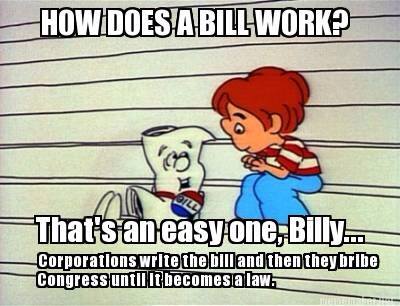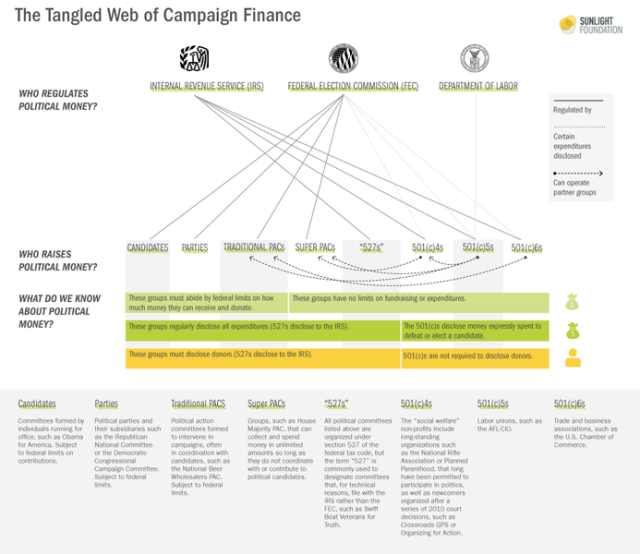For this post, I decided to take a quick break from my posts about the campaign finance world to talk about something near and dear to my heart. This weekend I was speaking with my mom about politics and such and she told me about something that one of her friends told her about. She said that there is now a “Green Card Lottery” that was instituted in an attempt to get people from countries with low immigration rates and give them permission to live, work and go to school in the U.S. There was an application period in October 2013, and a random number generator will pick 50,000 people to receive Green Cards.
How I have never heard about this until now floored me.
A little backstory: My grandmother is an Italian citizen and has had a Green Card since she moved here in the early 1960’s after marrying my grandfather while he was stationed in Italy with the U.S. Army. They lived in Italy for a while before she came to the U.S. with my grandfather because she had to get her Green Card. She had to work to get her ticket to live with her husband and young son, who was also a U.S. citizen (because my uncle was born to a soldier while he was stationed in another country).
My main issue with this lottery system is that the people who are getting the Green Cards are not working for their way into the land of opportunity – they are given a pass into the U.S. because their number came up. I am not saying that they are lazy, or that they are coming here to live off of our system, or even that they are not hard-working people. I do not know any of the people who entered the raffle on October 1, 2013 and November 2, 2013 on dvlottery.state.gov, but I question why this lottery is being implemented. I think that immigration is a great thing for this country, but it is only great when it is done the right way. By the right way, I mean by going through all of the steps of the traditional application before the applicant enters the U.S. to live.
Immigration built the great country that we live in. Just about every one of us is a descendant of immigrants – whether someone in your family was on the Mayflower or if your parents came here from Vietnam in the 1970’s, you are part immigrant. Immigration has fueled our culture and helped attribute to the America we know today. Boston wouldn’t have its St. Patrick’s Day festivities if it weren’t for the Irish immigrants, Miami wouldn’t have its Latin flare if Cuban immigrants hadn’t settled there, and, honestly, New York City would probably look a lot like somewhere really boring like, oh I don’t know, Cleveland if millions of immigrants hadn’t settled or passed through that magnificent city. (No offense to anyone who likes Cleveland, but the only thing that I like about it is the Rock n Roll Hall of Fame).
What I’m trying to say is I think that there is always a right way and a wrong way to go about things.
I did a little research and found the list of places that qualify for the lottery. What I found is that the list of non-qualifiers was much shorter than the list of qualifiers. The countries that do not qualify are as follows: Bangladesh, Brazil, Canada, mainland China, Colombia, Dominican Republic, Ecuador, El Salvador, Haiti, India, Jamaica, Mexico, Nigeria, Pakistan, Peru, Philippines, South Korea, United Kingdom (except Northern Ireland), and Vietnam. Every other country’s residents qualify to enter the raffle. That’s a whole lot of potential Green Card holders.
Back to my main issue of this being a “free ticket,” it really makes me wonder why this policy was implemented and the fact that it was not talked about very much until after the application has long passed. Do we need to question our politicians for not talking about its pros or cons to us, their constituency? Or should we question the media for not covering this important event? Since this policy has not been extensively covered in the news, there is not much that is readily known about exactly how, when or why this happened.
I think that this is a great example of the political communication issue of agenda setting. Agenda setting is defined as “a process through which the relative importance of various issues and events to the public” (Rogers & Dearing, 1988, p. 555). Thinking back on the past year or so in the news, there were definitely slow weeks that the media could have covered this story, say, the week of Justin Bieber’s much talked about arrest for a DUI in Miami. The Green Card lottery story was not mentioned in President Obama’s State of the Union address this past January, nor in any notable capacity since it was implemented.
It makes me wonder, as an informed and politically active American, how did I or others in my circle not hear about this? Was this a cover up by the federal government so that it would go through without public opposition because the 50,000 new Green Card holders are potential constituents? Was this not covered by the media because the 50,000 new Green Card holders are potential viewers of their content? Or was this not covered because it happened at a “bad time” and it was assumed that the American public would hear about it when the 50,000 new Green Card holders showed up with their suitcases in hand. I suppose only time will tell, so I will be on the lookout for news and information about the policy.
I could go on for days about immigration issues, but for now I am going to call my wonderful grandmother and tell her how much I love her and thank her for working through the Green Card process so that she could live here and raise her family in the land of opportunity.
Sources: usa-greencards.org, state.gov


